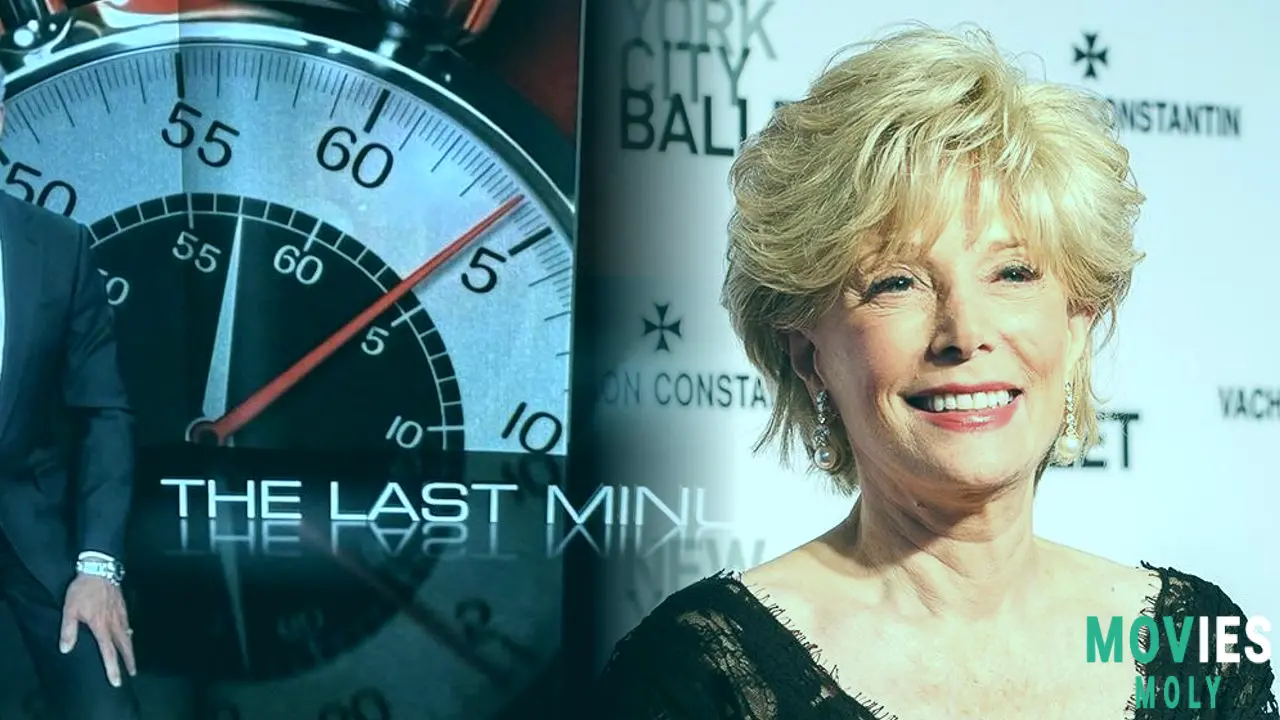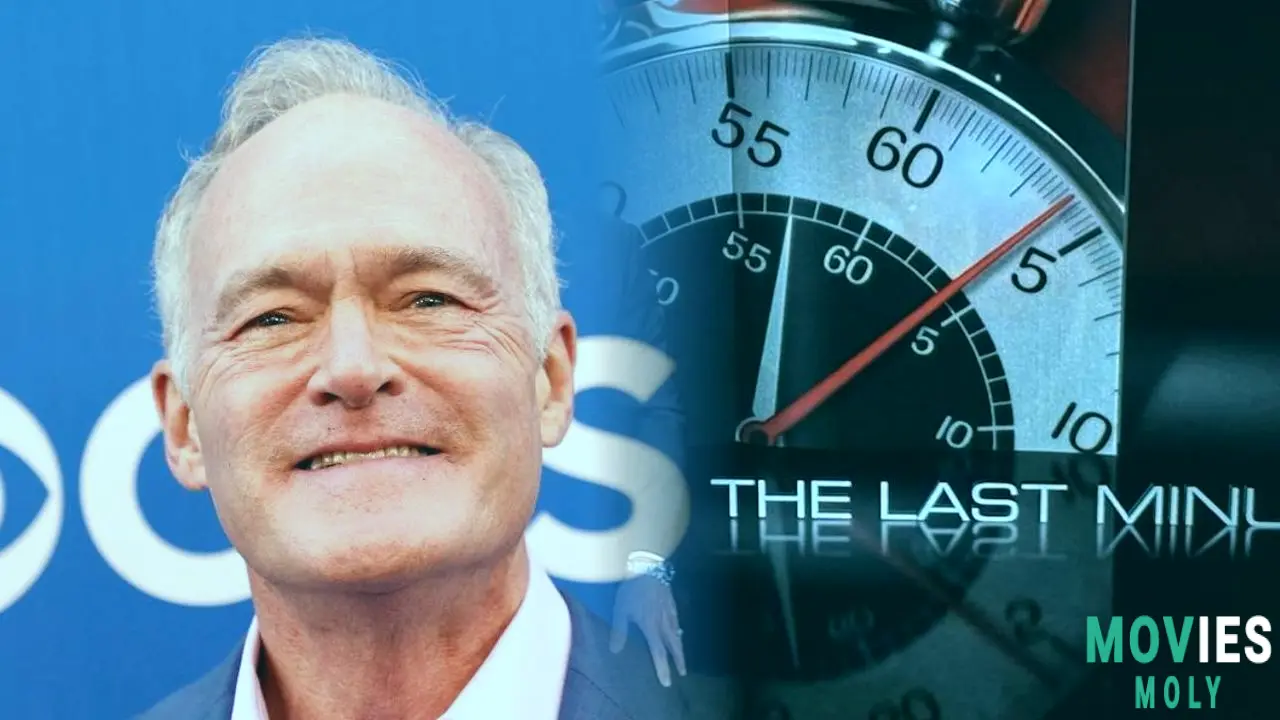“In resigning, Bill proved he was the right person to lead ‘60 Minutes’ all along.” — Scott Pelley
Few television programs carry the cultural weight — and the journalistic gravitas — of 60 Minutes. For 57 years, the iconic newsmagazine has been a beacon of investigative reporting, tough questioning, and editorial independence. But in a stunning turn that feels ripped from the pages of a media-thriller graphic novel, “60 Minutes” found itself at the center of a real-world showdown between journalistic integrity and corporate control.
Late one Sunday night, in the closing moments of the broadcast, veteran correspondent Scott Pelley delivered what can only be described as a quiet but piercing coup de grâce. Pelley paid on-air tribute to Bill Owens, the show’s executive producer, who had resigned the previous week — not over salary, not over creative differences, but over what he called editorial interference from CBS’s parent company, Paramount Global.
“None of us is happy about it,” Pelley said. “But in resigning, Bill proved one thing: He was the right person to lead ‘60 Minutes’ all along.”
Behind the Stopwatch: The Silent Battle for Editorial FreedomOwens’ resignation was more than just a personnel change. It was a crack in the armor of a show that has long prided itself on being untouchable — independent not only in spirit but in practice. As only the third executive producer in the show’s history (following founder Don Hewitt and Jeff Fager), Owens wasn’t just running the show; he was guarding its soul.
In a memo to staff, Owens wrote that “it has become clear that I would not be allowed to run the show as I have always run it, to make independent decisions based on what was right for ‘60 Minutes,’ right for the audience.” That statement, plain and unvarnished, speaks volumes about the pressures now bearing down on even the most established journalistic institutions.
Paramount is currently seeking government approval for a merger with Skydance Media, and the stakes couldn’t be higher. The Biden-era FCC — now led by Trump appointee Brendan Carr — is scrutinizing media companies like never before. Carr has reopened investigations into CBS over alleged “news distortion,” citing a controversial “60 Minutes” interview with Kamala Harris that led to a $20 billion lawsuit from former President Donald Trump.
Trump’s legal assault on the show, coupled with CBS parent Paramount’s desire to placate regulators, appears to have created a corporate-strategic pressure cooker. And “60 Minutes” is right in the middle of it.
Inside the Editorial Interference That Sparked a Resignation

While no stories have reportedly been blocked, Owens and others felt the walls closing in. According to insiders, former CBS News President Susan Zirinsky has been asked to review “60 Minutes” stories before they air — a move that strikes at the heart of what editorial independence means.
Owens’ letter to staff didn’t name specific incidents, but the timing — and the context — is unmistakable. Paramount’s increased oversight coincides with its efforts to win FCC approval for the Skydance merger. And that approval may hinge, in part, on not antagonizing the former president and his allies.
“60 Minutes” hasn’t softened its punch, though. In fact, the show has continued to air hard-hitting pieces on the Trump administration, including a recent investigative report on NIH cutbacks by correspondent Sharyn Alfonsi. Just weeks ago, Trump lashed out on social media, demanding CBS “pay a big price” for what he called unfair coverage.
The Legacy of Bill Owens and the Unyielding Spirit of 60 Minutes
Bill Owens spent 37 years at CBS News, with 25 of those years embedded in the “60 Minutes” ecosystem. His departure is not just a loss of leadership — it’s a symbol. A symbol of the struggle between commerce and credibility, between corporate calculus and courageous reporting.
But as Pelley’s closing words made clear, Owens’ resignation is also a testament to his commitment. By stepping down, he refused to become a pawn, and in doing so, he underscored the very independence that “60 Minutes” has championed for generations.
“It was hard on him and it was hard on us,” Pelley said. “But he did it for us — and you.”
What This Means for Journalism—and for 60 Minutes’ Future
Few shows are as culturally embedded as “60 Minutes.” It’s not just a program; it’s an institution. And institutions rely on independence to survive. The fact that we’re witnessing this internal battle unfold on air — however subtly — is a reminder of how crucial independent journalism remains in America’s ecosystem.
Owens’ exit doesn’t mark the end of the story. In fact, it may be just the beginning. But if there’s one silver lining, it’s that “60 Minutes” still has the courage to speak truth to power — even when that power is sitting in its corporate boardroom.
Like a superhero forced out of the fortress because they won’t compromise their code, Bill Owens’ resignation is a call to arms for journalists everywhere. And as long as “60 Minutes” keeps ticking, that call won’t go unanswered.




